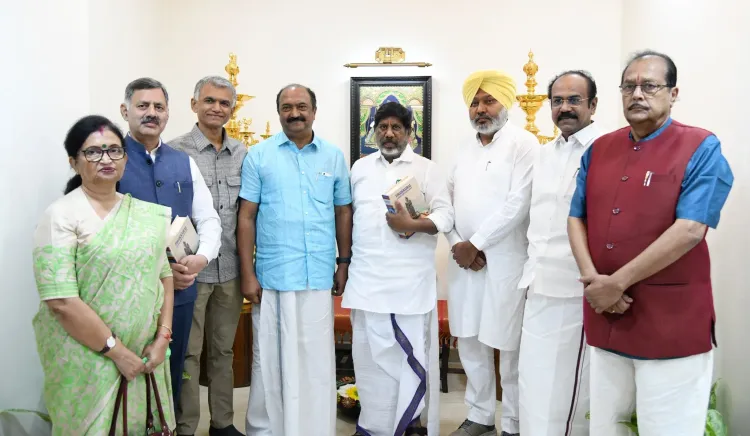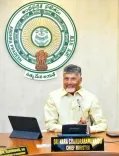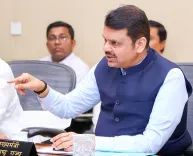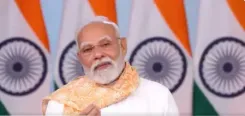What Concerns Did Telangana's DyCM Raise at the GST Council?

Synopsis
Key Takeaways
- Deputy CM emphasizes revenue protection.
- Impact on essential services highlighted.
- Need for compensation mechanisms proposed.
- Fiscal stability should not be compromised.
- Cooperative federalism is crucial for effective governance.
Hyderabad, Sep 3 (NationPress) - In a pivotal statement during the Goods and Services Tax (GST) Council meeting on Wednesday, Telangana’s Deputy Chief Minister and Finance Minister Mallu Bhatti Vikramarka expressed significant apprehension regarding any potential decrease in state revenues due to proposed GST rate rationalization. He emphasized that such reductions could directly jeopardize essential services like healthcare, education, and various welfare schemes.
Vikramarka highlighted that these financial challenges will adversely affect the common populace, particularly the middle class. The lack of sufficient funds for infrastructure initiatives could drastically hinder state development.
During the 56th GST Council meeting, chaired by Union Finance Minister Nirmala Sitaraman in New Delhi, Vikramarka raised the alarm over the anticipated revenue losses. He cautioned that the current proposals, if enacted without compensation, could inflict severe harm on state revenues and exacerbate fiscal imbalances. He advocated for a solid revenue protection framework to accompany any rate rationalization, which should include a supplementary tax on sin and luxury goods along with a guaranteed compensation mechanism lasting at least five years. This balanced strategy, he argued, is crucial to preserving the fiscal autonomy of states while genuinely advancing GST reform in the spirit of cooperative federalism.
According to an official announcement, the Deputy Chief Minister presented the state’s viewpoint on the implications of rate rationalization and the concerns of various states. He informed the Council that over 50% of state revenues are consumed by expenses related to salaries, pensions, and debt repayment, leaving little room for flexibility.
Vikramarka pointed out that before the introduction of GST, states had the latitude to devise their revenue strategies tailored to their unique needs. Currently, states lack this fiscal flexibility, even as they shoulder the responsibility for expenditures. The GST Council, therefore, carries the responsibility to protect state revenues. He asserted that the Union government's GST proposals could significantly impact state revenue streams.
While welcoming rate rationalization, Vikramarka proposed that measures to secure state revenues must proceed simultaneously.
He suggested that rationalization should be backed by a strong revenue protection framework, ensuring full compensation for any revenue losses experienced by states, akin to the GST Compensation Cess. An additional tax on sin and luxury goods should be enacted to maintain the current effective tax levels, with all proceeds directed to states already facing escalating fiscal pressures and diminishing fiscal autonomy.
Vikramarka urged the Centre to acquire loans to cover the revenue shortfall for states arising from both rate rationalization and loss of compensation cess, suggesting repayment through an extension of the compensation cess beyond five years, in line with past practices.
He proposed that the base year for compensation be set as FY 2024–25, with state revenue for that year encompassing both GST revenues and the compensation cess owed to the state based on the place of supply. He recommended a protection rate of 14% per annum, reflecting the average growth rates of the past three financial years, with compensation assured for a minimum of five years, subject to review based on GST buoyancy.
Vikramarka underscored that the Goods and Services Tax represents a collaborative fiscal framework between the Centre and states, rooted in consensus and cooperative federalism. While simplification and rationalization of rates are essential goals, they should not come at the expense of state fiscal stability, he concluded.







